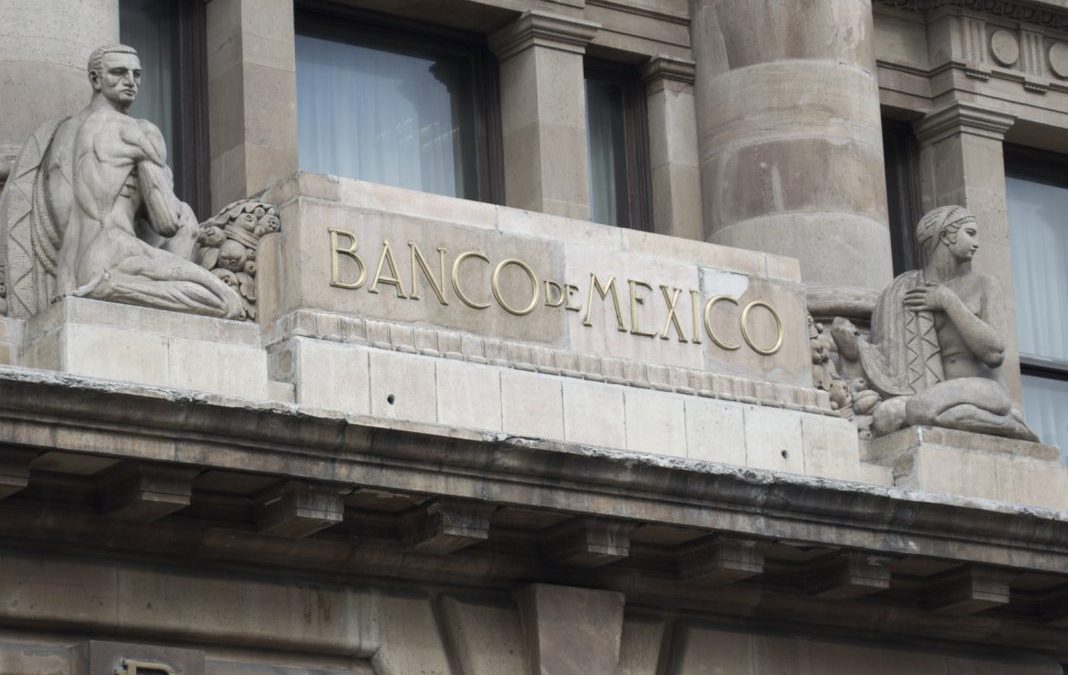The governor of the Bank of Mexico, Agustin Carstens, has rejected adopting ‘virtual currency’ as the legal classification for bitcoin. Carstens has argued that the term ‘currency’ comprises an inappropriate classification for bitcoin due to the cryptocurrency’s absence of central bank backing or issuance.
Also Read: Mexico’s New Bill Could Be a Game Changer for Bitcoin
Carstens Believes That Bitcoin’s Lack of Central Backing Disqualifies It From Being Classified as a ‘Virtual Currency’

The governor of Mexico’s central bank has argued that cryptocurrency should fall under the governmental domain of cyber security, and not be viewed as a ‘virtual currency’ by the nation’s regulators. Carstens stated that cryptocurrencies “are not necessarily immune to hacking”, and argued that bitcoin’s greatest utility is “the fact that it offers users anonymity” – before warning that bitcoin comprises an attractive a monetary instrument to black market entities.
Carstens proposed that Mexican authorities seek to prudently promote the development and application of cryptocurrency technology within the nation’s financial system. Speaking at the Instituto Tecnologico Autonomo de Mexico, Carstens articulated that “this technological development in the financial system can not be the result of innovation alone. There must be a free step that does not cause problems to the financial system that in the end affect the whole society” – suggesting that Mexico’s central bank will seek to actively guide the integration of cryptocurrency technology into the Mexican economy. Carstens also stated that “financial authorities will soon present” detailed proposals for cryptocurrency legislations.
Carstens’ Remarks Imply That the Bank of Mexico Will Not Recognize Any Non-Fiat Monetary Commodity as a ‘Currency’

Carstens’ remarks imply that the Bank of Mexico will not recognize any non-fiat monetary commodity as a ‘currency’. Carstens went on to describe bitcoin as “a commodity”, arguing that “there is nothing to ensure its accounting in a financial system” – suggesting the belief that central administration is a requisite quality of a ‘currency’.
Earlier this year, Mexico introduced a bill defining Bitcoin as a digital asset, and also articulated guidelines for the operation of bitcoin exchanges. The bill was a part of new fintech laws introduced by the Mexican government that seek to aid the transition toward greater digitization of the economy, promote growth in Mexico’s fintech sector, and expand the array of financial services available to ordinary citizens. Despite rejecting the classification of bitcoin as a ‘virtual currency’, Mexico’s regulatory stance regarding cryptocurrencies is presently among the most permissive and liberal throughout the Latin American region.
Do you think that ‘virtual currency’ is an appropriate legal classification for bitcoin and other cryptocurrencies? Share your thoughts in the comments section below!
Images courtesy of Shutterstock and Wikipedia
Get our news feed on your site. Check our widget services.














